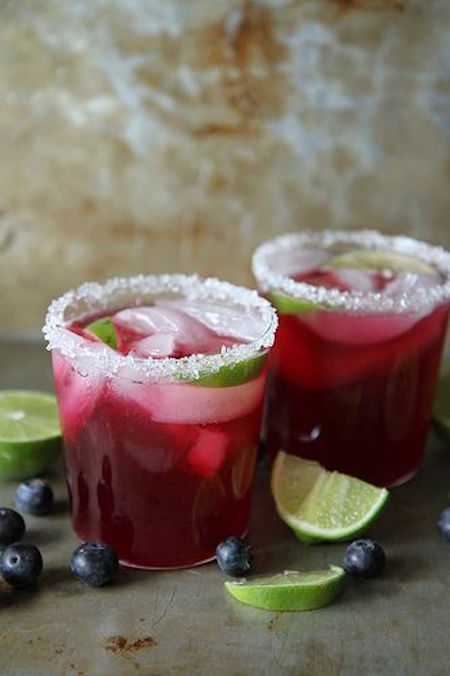Over 20 million Americans suffer from Type 2 diabetes, which is often associated with obesity, and scientists behind this study believe that the plant used in tequila production could hold the key to treating these conditions. It offers hope for those who overeat, want to lose some weight, and still want to enjoy spirits!
Tequila’s Effect On Blood Glucose Levels
Tequila is made from the agave plant, which contains compounds known as agavins. These natural sugars are not digestible and in fact can be considered a form of dietary fiber. As a result, they are not rapidly absorbed into the bloodstream as is the case with other forms of sugar such as glucose. Agavins are not the same as agave nectar or agave syrup, which in fact exerts a notable effect on blood sugar. This means that agavins do not trigger a appreciable rise in blood glucose, but instead serve to regulate it. As they are non-digestible, they are also low in calories. Researchers investigating the effects of agavins on the body found that not only do they regulate blood glucose, but they also increase production of a hormone known as GLP-1. Enhanced GLP-1 production is a desirable outcome for those who want to lose weight because it slows the rate at which the stomach empties. When an individual’s stomach holds onto food for longer, they can happily go for longer periods of time without eating. This in turn reduces the drive to eat, and serves to keep the total ingested quantity of calories down. Combined with sensible food choices and regular exercise, this can contribute to weight management. Most people can ingest agavins with no negative side-effects, which means that they hold potential as a standalone supplement for those looking to shed pounds. In support of this theory, researchers presenting at the ACS conference discussed experiments they had carried out with mice. They experimented with the effects of agavins, aspartame, fructose, sucrose, and agave syrup on the animals’ weight and blood glucose levels. The results were clear: mice who were administered agavins consumed less food, weighed less, and had lower levels of blood sugar compared with those who were given other forms of sugar and sweeteners. Whilst agavins do not taste quite as sweet as the other sweeteners evaluated in the study, they are unlikely to cause the side effects which is sometimes seen in those who consume other sweeteners such as aspartame, which can trigger headaches in some people. Agavins are also thought to be beneficial in encouraging important, health-promoting bacteria in the mouth and digestive system. The maintenance of such bacterial cultures in the body is vital for general health and wellbeing.
How Often Should You Reach For The Tequila?
Whilst excessive alcohol consumption is never a good idea, enjoying a few shots of tequila on an occasional basis may actually come with health benefits. A shot of tequila with dinner may help you regulate your food intake and blood sugar levels, in turn reducing your risk of diabetes, obesity, and other related conditions. Featured photo credit: Tequila sunrise/Christian Benseler via flickr.com


